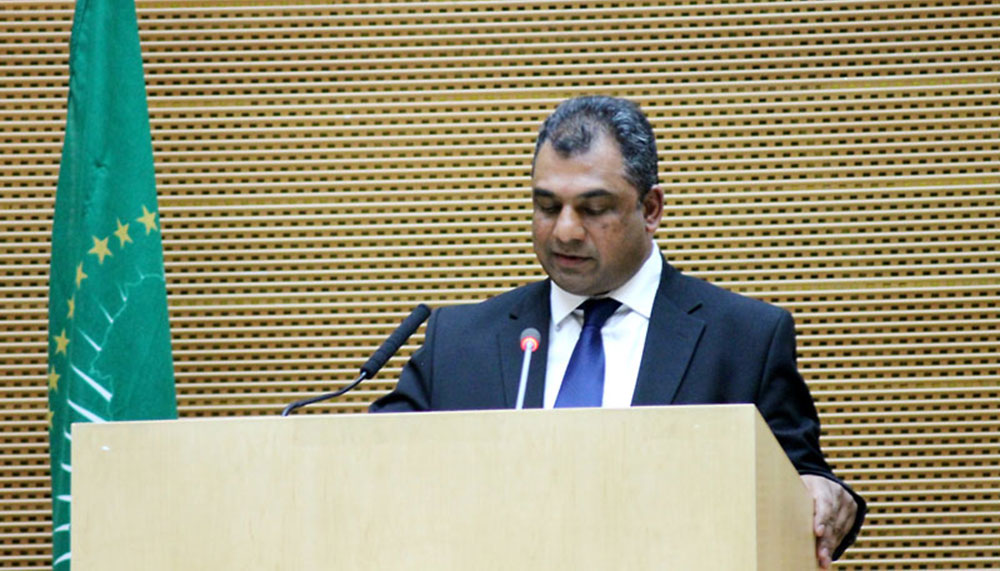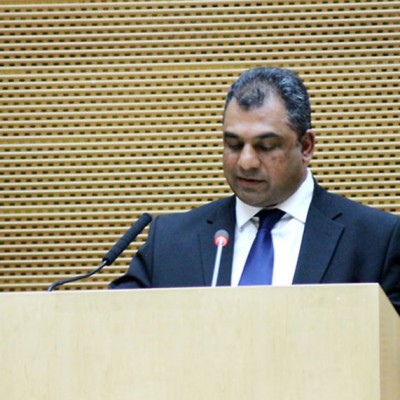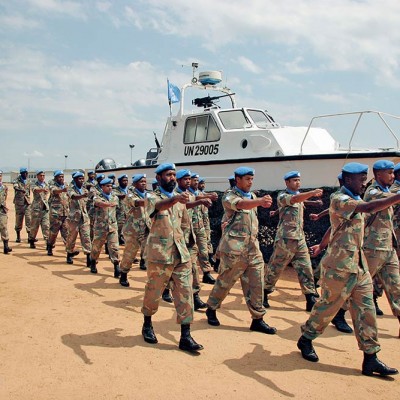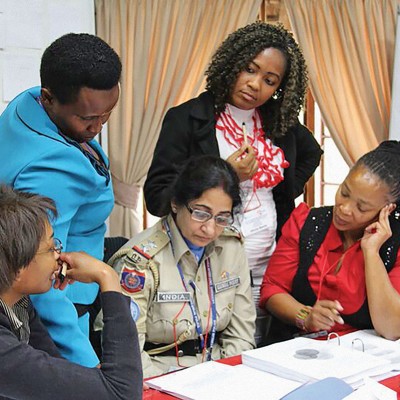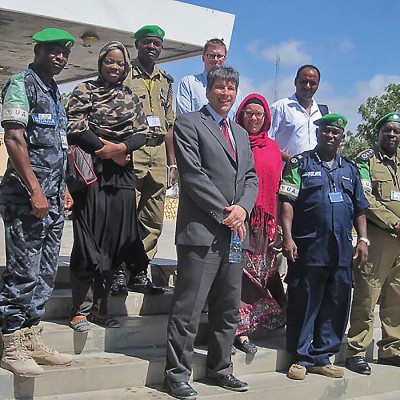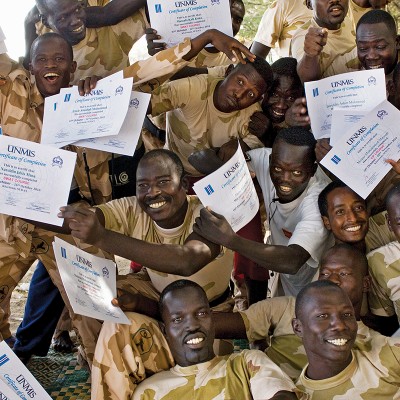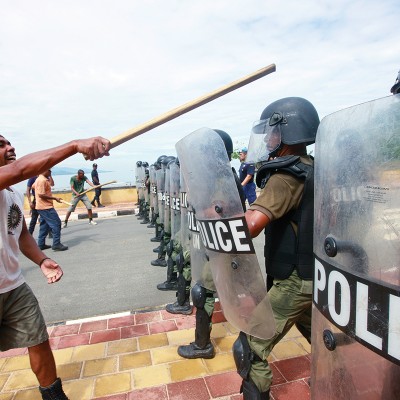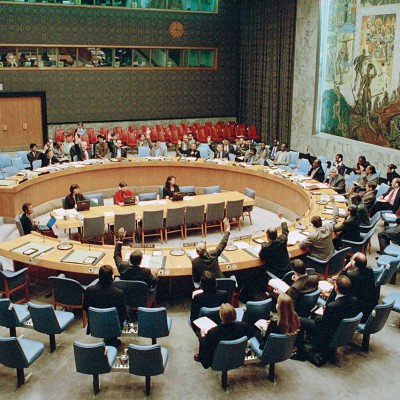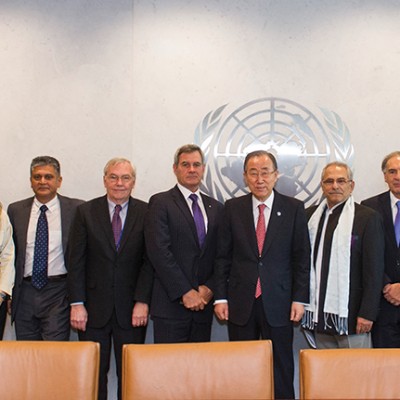Peace operations are continuously evolving and responding to new security challenges and conflict dynamics. Over the last few years, the African Union (AU), United Nations (UN), regional economic communities (RECs) and regional mechanisms (RMs) have deployed and coordinated increasingly effective peace operations in the Central African Republic and Somalia, and against Boko Haram in Nigeria. However, these missions have faced urgent security risks emanating from improvised explosive devices and complex, multidimensional threats such as transnational organised crime. The complexity of these challenges and trends, and the realisation that there cannot be exclusively military-driven solutions to structural-political problems, has increased the need for enhanced civilian and police capacities to support the political, governance, security and peacebuilding processes in peace operations.
The Training for Peace (TfP) in Africa Programme was established in 1995 at a time when Africa and the world was responding to crises in the Balkans, Rwanda and Somalia. Following extensive consultations, and in response to the emerging capacity needs of the UN, AU and RECs/RMs, the TfP Programme developed a research, policy development and training programme dedicated to the development of African civilian and police peacekeeping capabilities.
The TfP Programme is an example of North-South-South cooperation. It is funded by the Norwegian Ministry of Foreign Affairs and is underpinned by the collective efforts of its partners – namely the African Centre for the Constructive Resolution of Disputes (ACCORD), the Institute for Security Studies (ISS), the Kofi Annan International Peacekeeping Training Centre (KAIPTC) and the Norwegian Institute of International Affairs (NUPI). The TfP Programme is supported by the Norwegian Police Directorate, which also has an officer seconded to the Secretariat of the Eastern African Standby Force in Kenya. TfP benefits from the direction of an international advisory board, comprised of distinguished senior global figures who possess wide and diverse expertise on peacekeeping issues, international and African affairs, and with experience in both the UN and AU.
As part of the programme’s research and policy support work, the TfP partners have over the years been deeply involved in supporting lessons learned and best practice studies, developing innovative new policies and guidelines and helping to refine and adapt AU and UN peacekeeping doctrines. This year has been no exception. The programme has supported the UN and AU by organising the UN High-level Independent Panel on Peace Operations’ African consultations in Addis Ababa, Ethiopia. TfP ensured that there was significant civil society participation in this African consultation, so that African civil society can have a strong voice in deliberations about the future of African peace operations. The programme is also engaged in the ongoing Global Study on UN Security Council Resolution 1325, ahead of the UN high-level review on this landmark resolution.
Training remains at the core of TfP’s identity, and over the past 20 years TfP has trained over 17 980 civilian, police and military peacekeepers in Africa. The TfP focus is on civilian and police peacekeepers, as well as multidimensional or integrated skill sets related to analysis, planning, coordination, conduct and discipline and gender mainstreaming. TfP conducts pre-mission, mission preparation and, increasingly, in-mission training on thematic areas such as the protection of civilians, conflict management, conflict-related sexual violence, international humanitarian law, rule of law and child protection.
In 2015, the TfP Programme celebrates 20 years of partnership and cooperation with the AU, UN, RECs, RMs and African countries in building civilian and police capacity. In this Special Issue of Conflict Trends, we reflect on the programme’s impact and identify best practices and lessons that can help the programme – and others working in similar projects in Africa and beyond – learn from the TfP experience.

